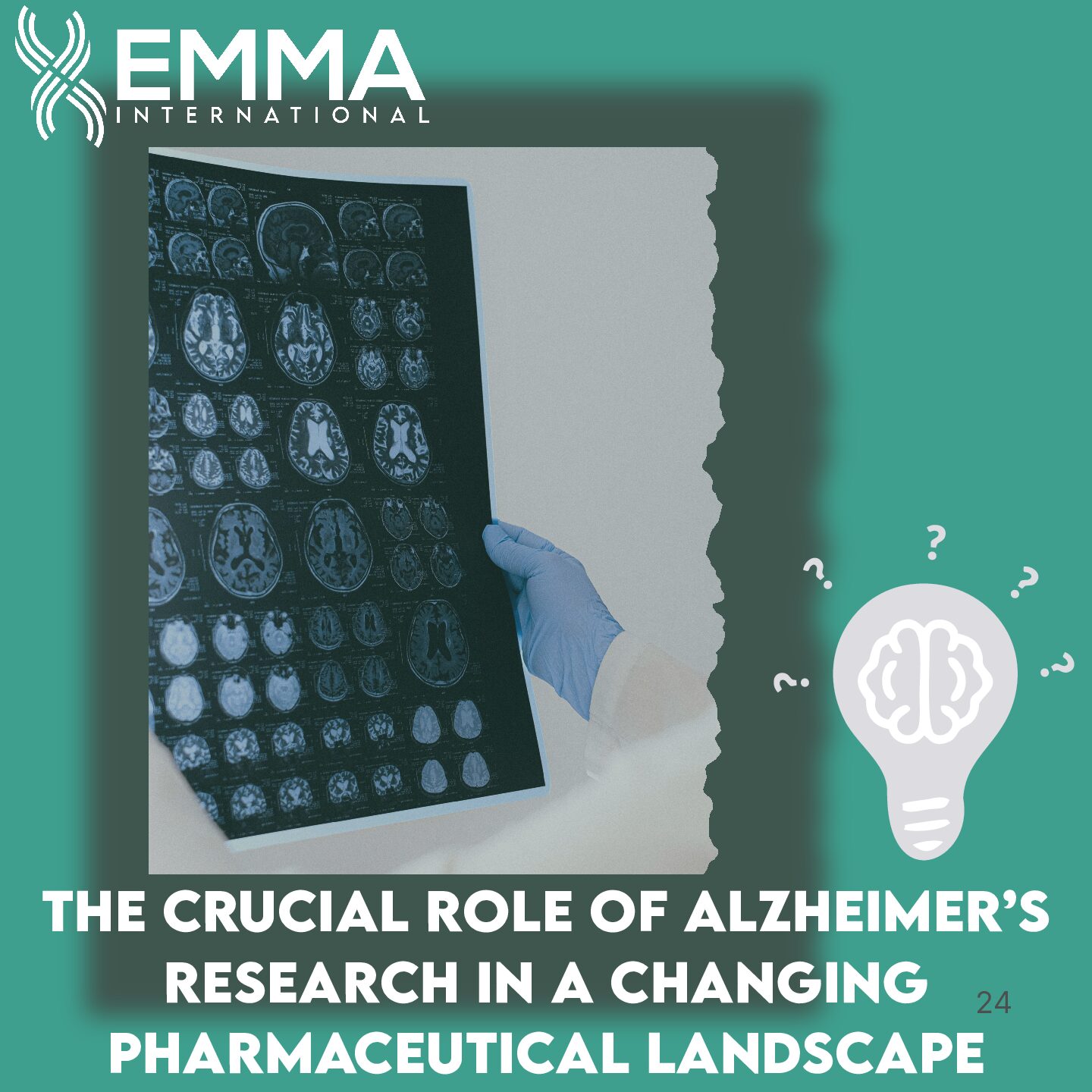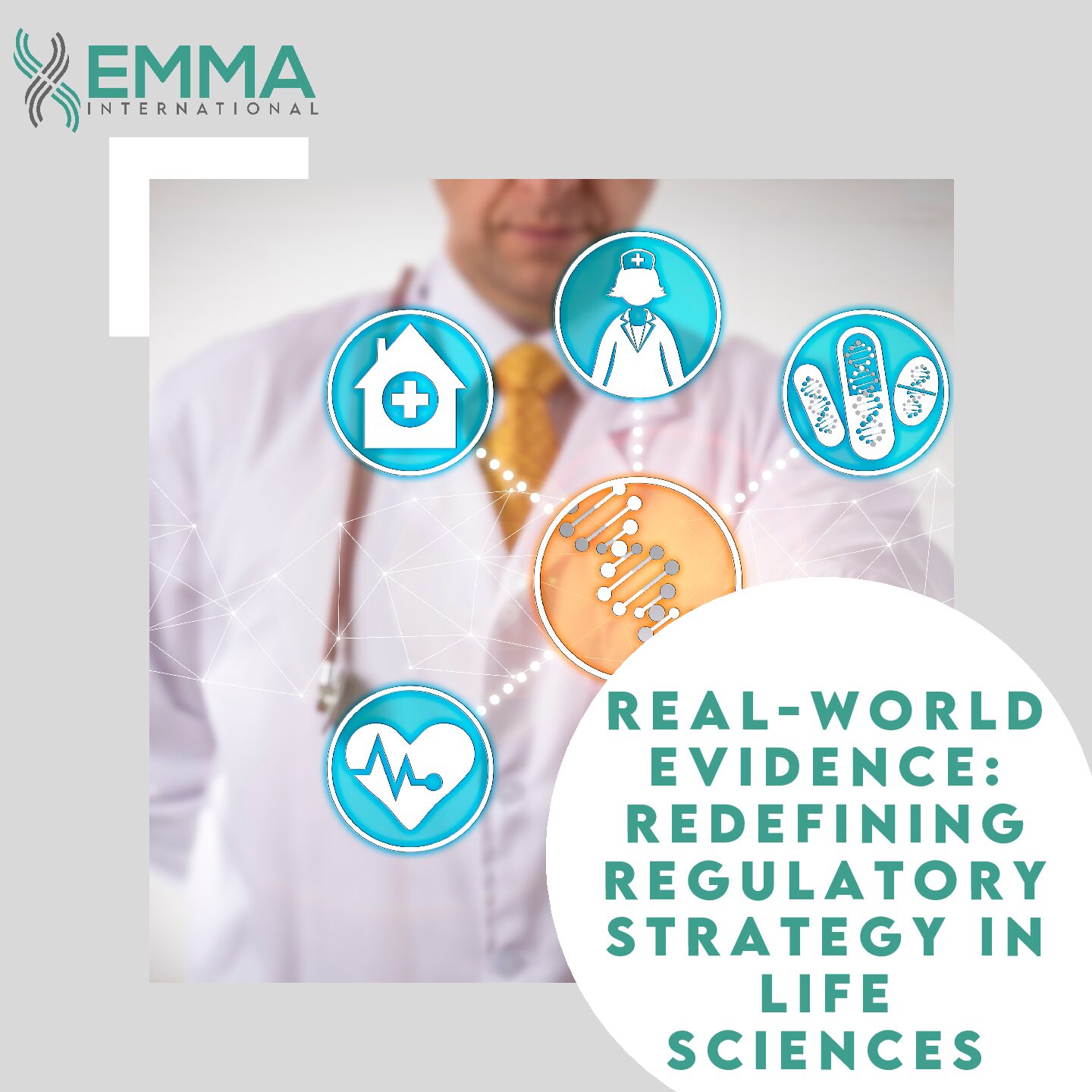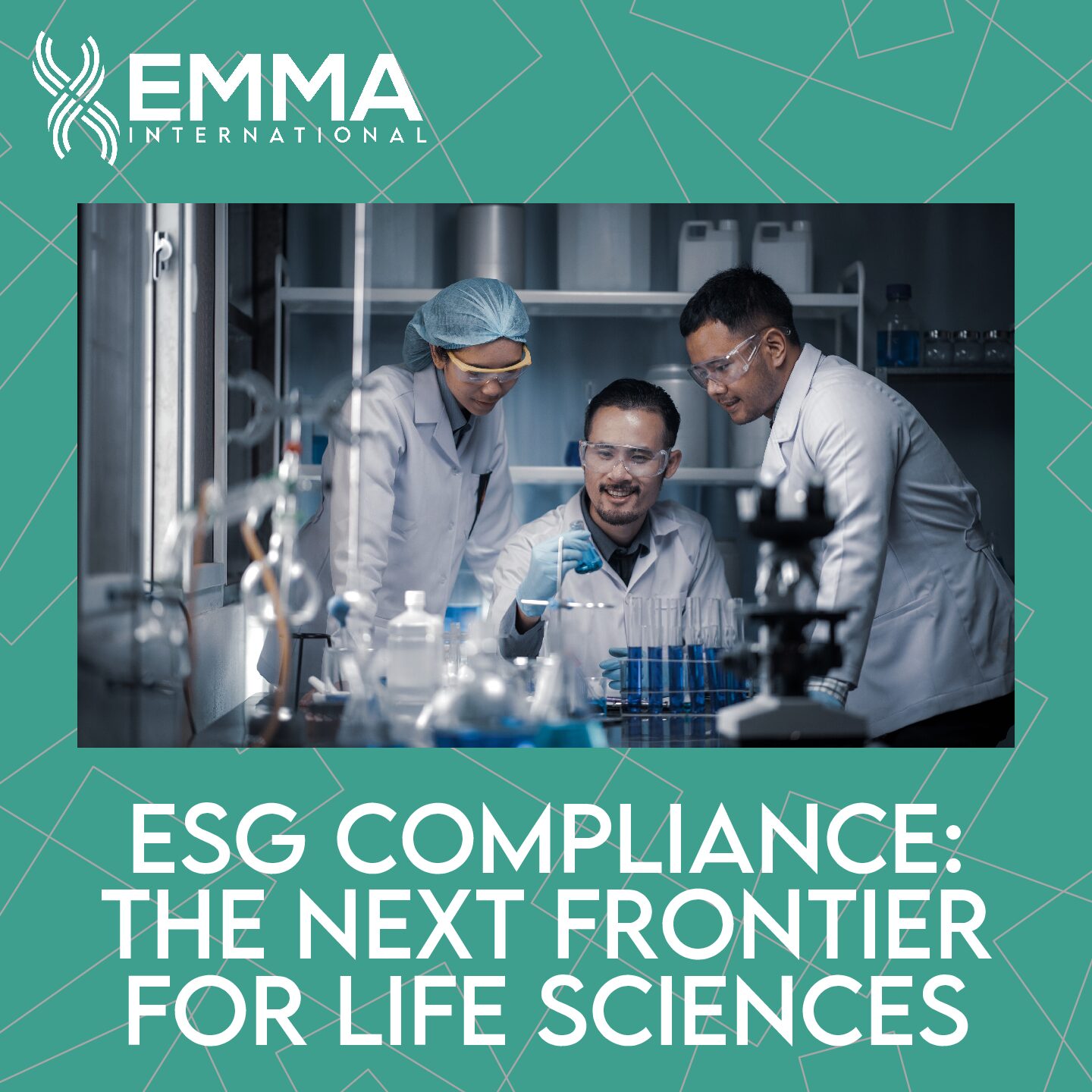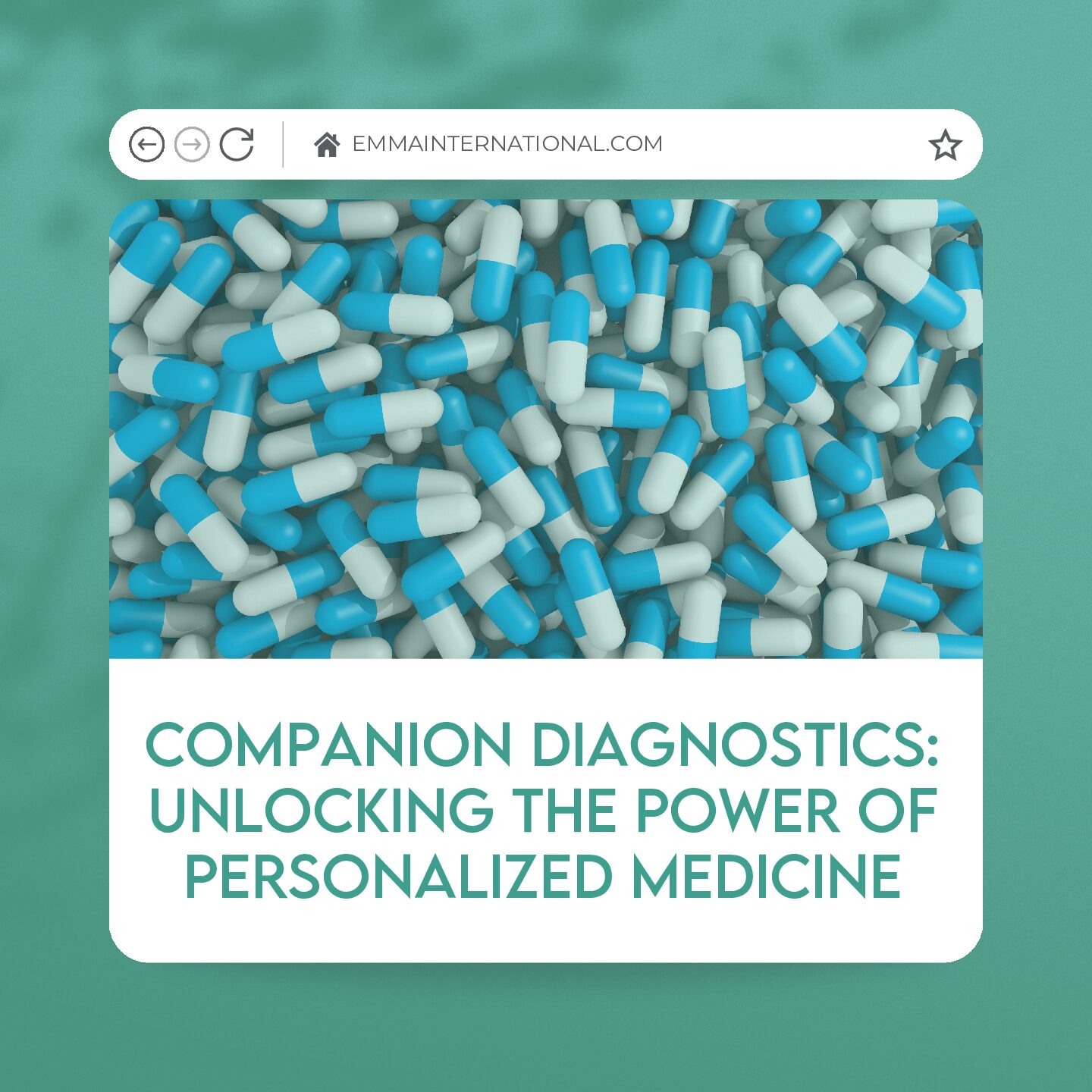Alzheimer’s disease is one of the most urgent public health challenges of our time. In 2023, an estimated 55 million people worldwide were living with dementia – a number expected to rise to 139 million by 2050 (WHO, 2023). As populations age and healthcare systems face increasing strain, research into Alzheimer’s has become not only a scientific priority but also a societal necessity.
Alzheimer’s is particularly difficult to address due to its slow and often silent progression. By the time noticeable symptoms emerge, substantial neurological damage has often already occurred. This reality makes early diagnosis and intervention essential, and it has pushed the pharmaceutical industry to pursue therapies that can intervene earlier in the disease course, ideally before irreversible damage sets in.
Recent breakthroughs have included the development of anti-amyloid therapies that target the accumulation of amyloid plaques in the brain – a hallmark of Alzheimer’s pathology. While these therapies represent progress, they also raise questions about long-term safety, cost, and clinical significance (Cummings et al., 2022). Importantly, these challenges highlight the critical role of regulatory bodies in guiding the path forward.
Agencies like the U.S. Food and Drug Administration (FDA) and the European Medicines Agency (EMA) are increasingly offering accelerated approval pathways for Alzheimer’s drugs that demonstrate potential based on surrogate endpoints, such as reductions in amyloid levels. These mechanisms allow promising treatments to reach patients more quickly, provided post-approval studies confirm their clinical benefits. This evolving regulatory landscape is helping to lower barriers for innovation while ensuring safety and accountability remain paramount.
Supportive regulatory frameworks are also encouraging investment in research and development. Clarity around approval criteria, acceptance of biomarker-driven endpoints, and ongoing dialogue between regulators and industry stakeholders are essential for advancing complex therapies. In a field where development timelines are long and failure rates are high, regulatory guidance and flexibility can make the difference between a shelved compound and a viable treatment.
Additionally, the integration of digital health tools, such as wearables, AI-powered cognitive tests, and remote monitoring, has introduced new possibilities for capturing real-world data and improving trial efficiency (Raschetti et al., 2023). Regulators are increasingly open to incorporating these technologies into clinical trial designs, which helps to modernize how Alzheimer’s treatments are evaluated and approved.
The market for Alzheimer’s therapeutics is expected to surpass $13 billion by 2030 (GlobalData, 2024), driven by increasing disease prevalence, scientific advances, and a more supportive regulatory environment. These factors together are reshaping what is possible in Alzheimer’s research and offering renewed hope for patients and families.
Ultimately, the fight against Alzheimer’s requires a coordinated effort across scientific research, clinical practice, industry innovation, and regulatory leadership. As new therapies emerge, continued regulatory support will remain vital to bringing safe, effective treatments to those who need them most—and to unlocking broader breakthroughs in the understanding and treatment of neurodegenerative diseases.
References
Cummings, J., Lee, G., Zhong, K., Fonseca, J. and Taghva, K., 2022. Alzheimer’s disease drug development pipeline: 2022. Alzheimer’s & Dementia: Translational Research & Clinical Interventions, 8(1), p.e12295.
GlobalData, 2024. Alzheimer’s Disease: Global Drug Forecast and Market Analysis to 2030. [online] Available at: https://www.globaldata.com
Raschetti, R., Albanese, E., Vanacore, N. and Maggini, M., 2023. Advances in Alzheimer’s Disease Monitoring Through Digital Technologies. Journal of Neurology and Technology, 41(3), pp. 217–229.
World Health Organization (WHO), 2023. Dementia Fact Sheet. [online] Available at: https://www.who.int/news-room/fact-sheets/detail/dementia





